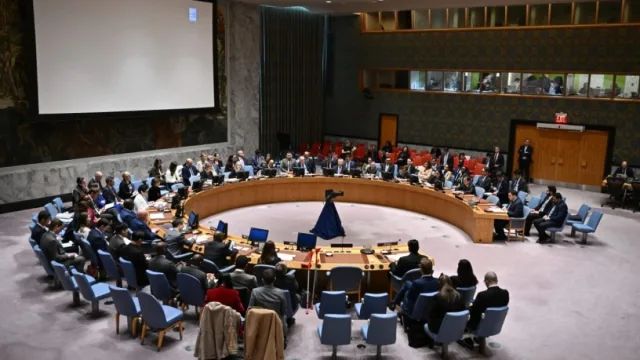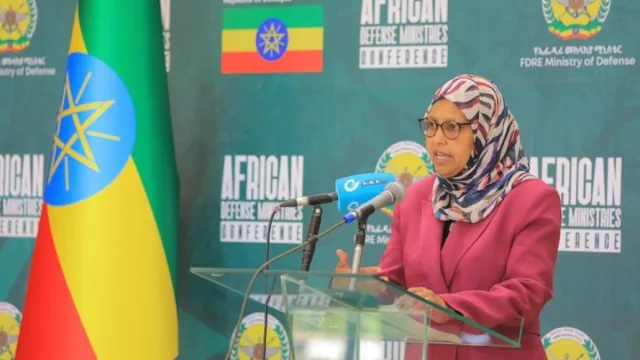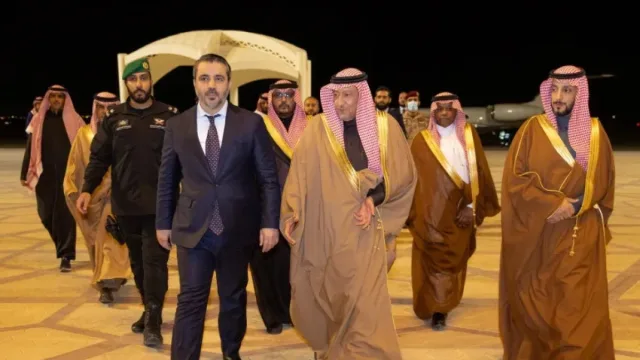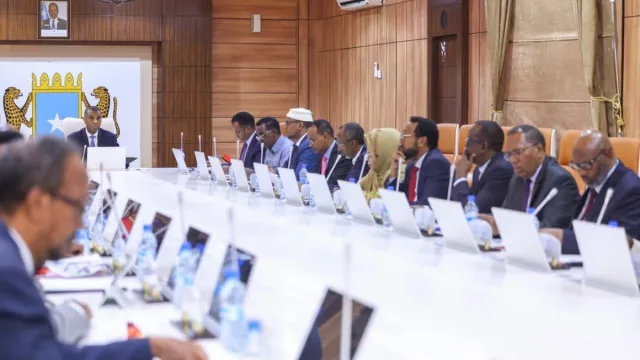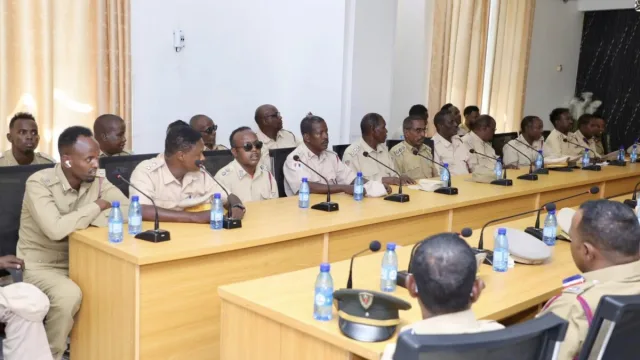Some months ago after having delivered a speech on the Horn of Africa I was asked…
Some months ago after having delivered a speech on the Horn of Africa I was asked what the staple food of the Somalis is, I replied (only partly in jest) – politics. Sit in any Somali cafe or restaurant and the place is certain to be filled with lively and often extremely animated discussion about the current machinations of various parties, factions or individuals. The Diaspora follow and debate the goings-on ‘back home’ with a fascination and passion that would make for a fascinating sociological study. Here is a drama bursting with heroes and villains, yet one that most foreigners find near impenetrable due to the size of its cast, familial and clan connections and the accretions of slights, betrayals, injustices and occasional triumphs. Little wonder then that Somalis have such an oral tradition, where bards and poets are revered for their ability to memorise and convey that which others might have chosen to disregard or forget. Whilst politics is the cause for disengagement and disinterest in much or the world, to many Somalis it is their meat and drink.
Recent events from across the region have certainly ensured that Somalis have had plenty to talk about. From the machinations in Mogadishu, to high drama in Hargeisa the quest for power has taken on Machiavellian proportions. Loyalty and disloyalty have abounded, as has the willingness to indulge in febrile speculation. All this and more has been played out interminably across the television screens, the radio and print media and of course increasingly the internet. All and sundry have been willing to venture opinions, whilst in truth objective analysis has been a rare as a mule giving birth to a foal. To the world beyond the shifting sands of Somali politics and political factions only goes to compound its fears and prejudices and thus the Horn is viewed as a veritable quagmire that is best avoided. Little wonder then that potential investors are sceptical and that foreign policy analysts invariably get things so badly wrong.
For all this fundamental challenges remain and there are serious questions that Somalis themselves need to ask about their leaders. Regardless of outside help or interference, far too little is being done locally to tackle the issues of squalor, want, ignorance, disease and idleness. From Djibouti to Puntland people are desperate to see improvements in health care, are concerned about unemployment and under-employment and are quite right to ask what is being done for them. Citizens see a proliferation in ministerial vehicles, yet the roads remain in a woeful condition. Government officials clog flights to Dubai, London, Istanbul and Beijing, whilst schools are in desperate need of rudimentary resources and properly qualified teachers. Land is grabbed and property speculators thrive whilst young mothers die in childbirth due to inadequately staffed and equipped hospitals and clinics. Flags and speeches are all very well, but they will not feed the poor, the undernourished and the destitute.
Somalis across the region wish to see a greater sense of purpose. They are desperate to see leaders who serve, rather than self-serve, they are tired of those politicians who constantly look backwards and yet do precious little to move matters forward. The desire for change is palpable, not necessarily a change in leadership, but a change of emphasis and tempo. Somalis wish to see far greater pragmatism and practical collaboration. Historic enmities and mistrust has been allowed to shackle their ambitions for too long, now is the time for greater positivity and purpose. Longstanding disputes need to be approached afresh, where possible sorted out locally, but if necessarily drawing on specialist assistance and binding arbitration from outside. Capacity building especially in regard to leadership and enterprise is vital, with targeted training developed and delivered to ministers and ministerial officials. Somalis are by their very nature inveterate traders and thus more support mechanisms should be put in place to assist those with ideas. Energy security could go a long way to stimulating further activity; in this regard it is heartening to see the Government of Somaliland and others recognising the need to prioritise this issue. Infrastructure projects, especially with regard to new high quality roads, bridges and affordable housing can contribute significantly to stimulating economic activity as well as helping communities feel that they have a stake in society. Somali ingenuity and resilience is all very well, but it is beholden on those elected or chosen to serve to demonstrate that they have a clear understanding that with privilege comes responsibility. Leaders are there to lead, to have aspiration and vision and to work tirelessly to bring that vision about. The greatest vision must surely be that of transforming lives and opportunities, not through hollow nationalism, but through education and development. No one should doubt that across the region progress has been made, but even die-hard party apparatchiks must admit that so much more remains to be done. All the Somali territories face multiple challenges from the cancer of nepotism and corruption to inefficiency and poor work ethic. The Horn remains an enigmatic place to outsiders and Somalis are still routinely labelled and misjudged. It is sad fact that even in respected foreign ministries the degree of preconceptions and misconceptions that shape prevailing policy is truly shocking. As for the shameful Somalophobia that has seemingly become state policy in Kenya this is typical of the worst excesses of those who wish to peddle a poisonous narrative either about Somalis or about mainstream Islam. In truth Somalis and true friends of the Somali peoples recognise that the sclerotic mindset of the wider world is unlikely to change dramatically any time soon.
History has taught Somalis that when they dig deep within themselves they are not only capable of surviving, but thriving often against the odds. It is imperative to hold fast to core values, whilst having the courage to embrace certain new approaches. It is quite right that Elders should be respected and listened to, but equally the young should be nurtured, promoted and provided with meaningful opportunities. Those who scrutinise, question and challenge test a society’s mettle and thus every effort should be made to ensure robust and responsible journalism, for evidence shows that it can prove to be a major bulwark against corruption. It is regrettable that of late we have witnessed a spate of internal political wrangling that has more to do with egos than it does with serving the nation. Party bickering and jockeying for position in the position in the run up to elections is all very well, but the simple fact is that such unseemly behaviour merely detracts from the job in hand and invariably saps important time and resources that are required elsewhere. It is to be expected that some individuals will seek to sow and exploit disharmony. Factions will emerge, others disappear, but the day to day challenges remain and leaders and politicians would do well to remember this.
When one examines Somali history it is clear that there is considerable reason for pride, but whilst we must all have a deep reverence for the past, we must work assiduously to ensure we do not become the slaves to it. Whilst history may have resulted in geographical fragmentation and physical separation, there is no reasons why Somalis where ever they may reside should not have a unity of purpose and resolve to demonstrate that they are one people of the heart and mind determined in their different ways to prove their critics wrong.
Mark T Jones
International Speaker & Leadership Specialist
http://www.marktjones.com
